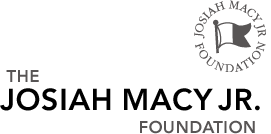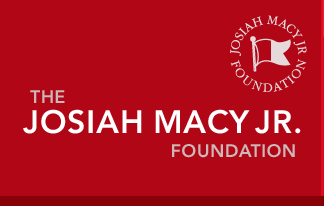Our Grantees
Across the Foundation’s priority areas, our grantees are working to improve the health of the public through innovative research and programs. The Foundation awards up to 40 grants on a rotating schedule each year.
Improving Care for Elderly Patients
This project has been designed to improve the training of residents in geriatric care in an ambulatory setting, with the larger goal of improving the overall quality of care for the elderly, using a practice-improvement-module (PIM) approach designed for Care of the Vulnerable Elderly, (CoVE).
Even with the dramatic increase in the numbers of elderly patients, geriatrics still is not adequately taught in undergraduate medical education. Further, much undergraduate medical education is hospital-based, even though most care for elderly patients, many of whom suffer chronic diseases, occurs in an outpatient setting. Most medical schools have not adapted adequately to many of the areas vital to effective care of the elderly, such as incontinence, falls, depression and drug interactions. Combined, these factors reinforce the need to prepare young physicians, especially those in internal medicine and family medicine, to care more effectively for an aging population.
For this project, Christine Cassel, MD, President of the American Board of Internal Medicine, and her colleagues, will test the validity and usefulness of a PIM devoted to improving the care of the vulnerable elderly (CoVE) in internal medicine and family residency training in geriatrics in ambulatory care settings. The test will involve 35 residents in each of 30 practice settings, each resident with seven patients over the age of 65, numbers needed to detect a 10 percent improvement in quality of care measures for the elderly. Training settings in which the CoVE PIM has not been added will serve as controls, and will be evaluated in the same way as the experimental settings.
Data collection will begin after a six-month start up period, during which Institutional Review Board approval from the 30 sites will be obtained, with additional assessment scheduled at 18 months. Findings will be reviewed and summarized during the study’s final year.




 11.13.18
11.13.18